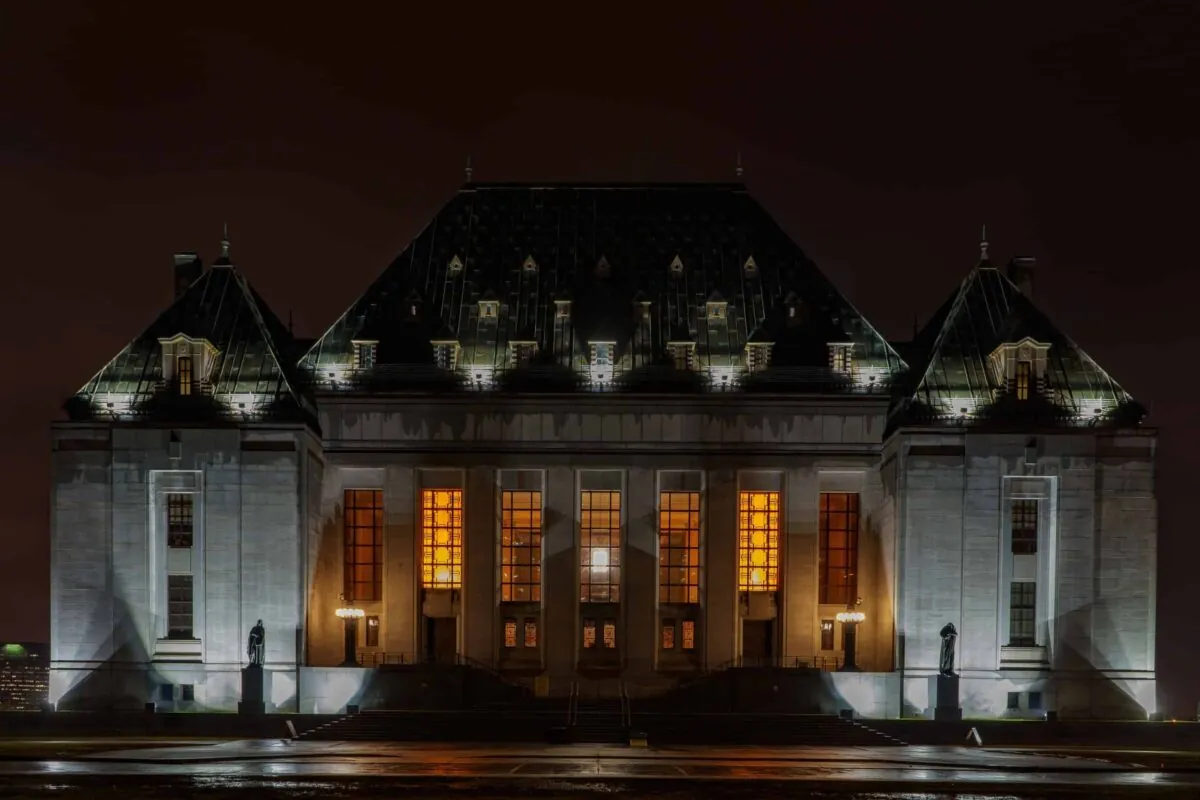Supreme Court grants leave to appeal in Treaty Land entitlement case

On February 2, 2023, the Supreme Court of Canada granted leave to appeal the Federal Court of Appeal’s decision in Canada v Jim Shot Both Sides, 2022 FCA 20.
Kainai Nation (also known as the Blood Tribe) is part of the Blackfoot Confederacy, which entered into Treaty 7 with Canada in 1877. Kainai originally brought a claim against Canada in Federal Court in 1980 on the grounds that they had not received their full entitlement to reserve land under Treaty 7.
Kainai argued that Canada breached its Treaty promises and fiduciary duty when it failed to provide Kainai with reserve lands consistent with the promised reserve size in Treaty 7. In defence, Canada argued that the limitation period that applied to Kainai’s claim had expired.
In a 2019 decision, the Federal Court agreed with Kainai that Canada had breached its Treaty commitments and fiduciary duty, finding:
- Canada had a duty to provide a reserve for Kainai in keeping with the provisions of Treaty 7, which was not done.
- Canada failed to uphold its duty of loyalty and good faith to Kainai in creating the reserve.
- Canada breached its duty of full disclosure to Kainai after it incorrectly informed the Nation that the reserve was actually larger than Kainai’s entitlement under Treaty 7.
- Canada failed to protect and preserve Kainai’s proprietary interest in the reserve from exploitation after it leased parts of the reserve to third parties without consulting Kainai or obtaining any surrender.
On the limitation period issue, the Federal Court found that because First Nations could not pursue breach of Treaty claims in Canadian courts before 1982 – with the advent of 35 of the Constitution Act, 1982 – the limitation period that applied to Kainai’s claim only began to run in 1982.
On appeal, the Federal Court of Appeal upheld the Federal Court’s finding that Canada breached its fiduciary duty to Kainai, but overturned the finding that the claim was not limitations-barred. The Federal Court of Appeal held that the numbered Treaties were enforceable in court prior to 1982 and stated that the Federal Court erred by characterizing the Treaty as an international agreement that would need to be ratified by Parliament to be enforceable. The Federal Court of Appeal also found that the Federal Court misunderstood the effect of section 35 – it did not create a new cause of action but instead gave constitutional protection to existing Treaty rights. Since the Treaty was enforceable in court before 1982, Kainai’s claim was out of time.
The Federal Court of Appeal noted that Kainai’s claim could still be brought through the Specific Claims process, which allows First Nations to bring certain types of historical Treaty claims that would otherwise be limitations-barred.
The Supreme Court of Canada’s decision may revisit past decisions regarding the applicability of limitation periods to Treaty entitlement claims. MLT Aikins will continue to monitor this case for updates. If you have questions about the decision or the Specific Claims process, we encourage you to reach out to one of the lawyers in our Indigenous practice group.
Note: This article is of a general nature only and is not exhaustive of all possible legal rights or remedies. In addition, laws may change over time and should be interpreted only in the context of particular circumstances such that these materials are not intended to be relied upon or taken as legal advice or opinion. Readers should consult a legal professional for specific advice in any particular situation.





